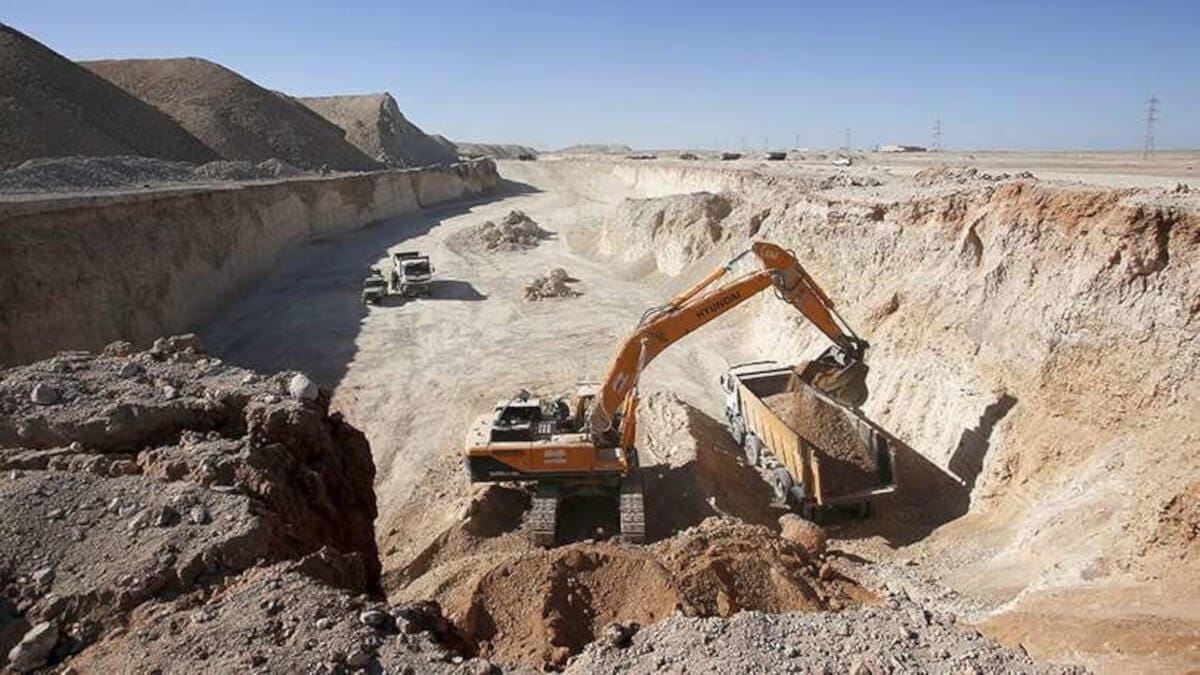The Democratic Republic of the Congo (DRC), which already holds some of the world’s largest reserves of cobalt and copper, is entering a new dynamic phase. Recent geological studies have uncovered new mineral-rich zones, sparking renewed interest from investors and leading to the formation of strategic international partnerships.
Djimpe Landry, a partner at Innogence Consulting in Kinshasa, points out that “these new geological exploration zones are essential for building long-term investor confidence and will promote a more transparent and regulated approach to resource management.”
The government’s latest reforms include clearer mining codes, improved contract oversight, and measures to attract climate-resilient energy investments to power mining operations. However, ongoing security threats in the eastern part of the country remain a concern. Analysts emphasize the importance of establishing fair and sustainable foreign partnerships to ensure that Congolese communities benefit from the mining boom.
"Fair management of partnerships will be key. The DRC must insist on technology transfer, local job creation, and environmental standards," adds Mr. Landry.
Kenya: An All-Female Electric Vehicle Assembly Line
In Nairobi, a historic milestone has been reached with the launch by Spiro — the largest electric vehicle (EV) manufacturer on the continent — of Africa’s first all-female EV assembly line. This groundbreaking initiative combines clean energy innovation with female empowerment, challenging the norms of a male-dominated industry.
The facility not only promotes eco-friendly transportation solutions, but also offers new employment and training opportunities for women in the fields of science, technology, engineering, and mathematics (STEM), as well as in technical trades. Spiro's initiative is seen as a model for inclusive industrialization within Africa's growing green economy.
“It’s not just about electric vehicles; it’s about rewriting the story of what women can do in heavy industry and in the climate transition,” said a company spokesperson.
Afreximbank: 3 Billion Dollars to Reduce Dependence on Fuel Imports
At the same time, Afreximbank has announced the creation of a $3 billion credit line aimed at reducing Africa’s dependence on fuel imports, which significantly burden national budgets and trade balances. The initiative supports regional refining centers and infrastructure projects, including the Dangote refinery in Nigeria and the Lobito and Cabinda refineries in Angola.
This financial facility is expected to catalyze intra-African energy trade, boost self-sufficiency, and help stabilize fuel prices on the continent. From mineral-rich provinces to solar-powered cities, Africa is asserting its potential with every reform, innovation, and skilled workforce.
Source of the article: africanews






